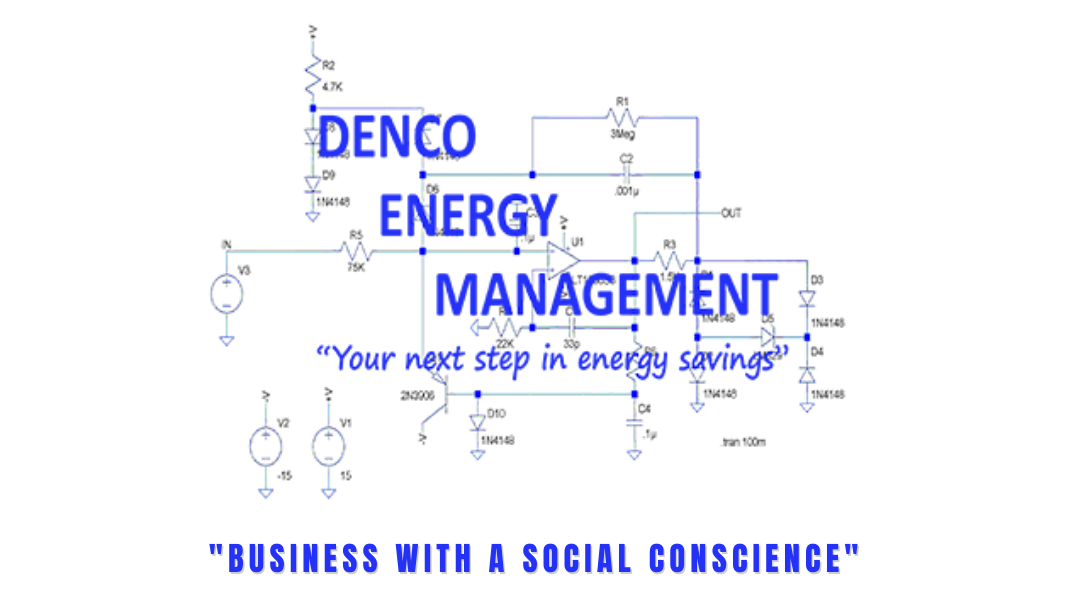
Sustainable Energy Services Agreement (SESA)
For Projects As Low As $250,000
We have partnered with Metrus, A bank that specializes in SESA pay-for-performance financing solutions that allow customers to implement multi-measure energy efficiency projects with zero upfront capital expenditure.
Measures include energy and water efficiency equipment upgrades. Our SESA is a proven climate-positive financing structure that has been used to implement multi-million dollar retrofit projects across the U.S. at Fortune 500 and major institutional facilities. The SESA pays for all project development and construction costs. Once a project is operational, the customer makes periodic service charge payments for measured savings. We have operational SESA projects in 32 different states that are saving over 2.1 billion kilowatt-hours of electricity.
SESA service payments are calculated based on the energy or water units saved (also called “nega-watts” or avoided kWh of electricity, avoided cubic feet of water, avoided therms of natural gas, etc.). The price per unit of savings is a fixed output-based charge that is set at or below a customer’s existing utility price, resulting immediately in reduced operating expenses. Under the SESA, customers benefit from reduced overall energy and water consumption, lower utility costs, and reduced emissions of carbon dioxide. We assume all project performance risk and the customer only pays for measured savings during the SESA term.
SESA Contractual Structure
As illustrated in the figure, Metrus Energy, Inc. establishes a Special Purpose Entity (SPE) that is dedicated solely to owning an individual project, and the Metrus SPE enters into a SESA directly with the customer and separately contracts with Denco Energy Management to design, engineer, implement, and maintain the project. Metrus funds each project in part with its own equity and in part with outside debt from a lender. Metrus’s SESA is an open platform that has the flexibility to use the type of equipment and contractor that best suits the needs of the customer and their facility. Denco Energy Management will perform an investment-grade energy audit (IGA) and, in collaboration with Metrus, recommend the scope of the project. Once the customer approves the project scope, Denco will finalize the design and engineering prior to the start of construction.
The Metrus SPE retains ownership of all project-related assets for the term of the SESA and pays for associated operations and maintenance (O&M) services to ensure long-term reliability and optimal performance. Once the project is operational, the output (i.e., energy savings) from the project is quantified using agreed-upon measurement and verification (M&V) protocols that are compliant with the International Performance Measurement and Verification Protocol (IPMVP) established by the U.S. Department of Energy. These measured and verified savings are the basis for the SESA service charge. At the end of the SESA term, the customer has the option to renew the agreement or purchase the equipment for its fair market value.
Benefits
The SESA structure provides customers with a variety of financial and operational benefits:
Avoided capital costs – Metrus pays for all project design and implementation costs, enabling customers to conserve scarce capital funds for investment in their core business.
SESA payments are treated as an operating expense – The SESA is designed to be an off-balance sheet financing solution, similar to a power purchase agreement (PPA).
Saves energy and lowers carbon emissions – SESA rates are set below the current utility rate, so savings are built in. Every Metrus project is climate-positive and reduces CO2 emissions.
Leverage incentives – Metrus can help monetize all available project incentives and benefits including utility incentives, environmental attributes or credits, or tax benefits to lower SESA service charges.
Enhanced reliability of operations – The SESA provides periodic maintenance services to ensure long-term reliability and optimize the performance of the project equipment.
Reduced exposure to utility price volatility and performance risk – SESA payments escalate at a pre-negotiated, fixed annual rate that is set below historical annual utility price increases; SESA payments are based on measured energy and operational savings.
Flexible and scalable financing – Under the SESA, new opportunities for savings can be funded as they emerge and are rolled out to additional buildings across facilities or campuses.

Typical Project Profile
Metrus works with the selected contractor to develop and finance integrated energy efficiency retrofit projects that can include a wide range of measures and technologies that generate electric, thermal, and/or water utility savings (collectively, Energy Service Property, or “ESP”), including:
High-efficiency lighting
HVAC, chiller, boiler and furnace upgrades or replacement
Energy management and building Automation Systems
Equipment process controls
Pumps and motors
Refrigeration systems
Water and sewer efficiency measures
Accounting Treatment
The SESA has been structured as a services agreement under FASB ASC 840 and 842 and has been reviewed by major accounting firms and outside tax firms to provide an off-balance-sheet financing solution for customers. Metrus is available to discuss any customer questions and can provide a SESA accounting memo upon request; provided, however, all accounting treatment interpretations and decisions are the sole responsibility of the customer




